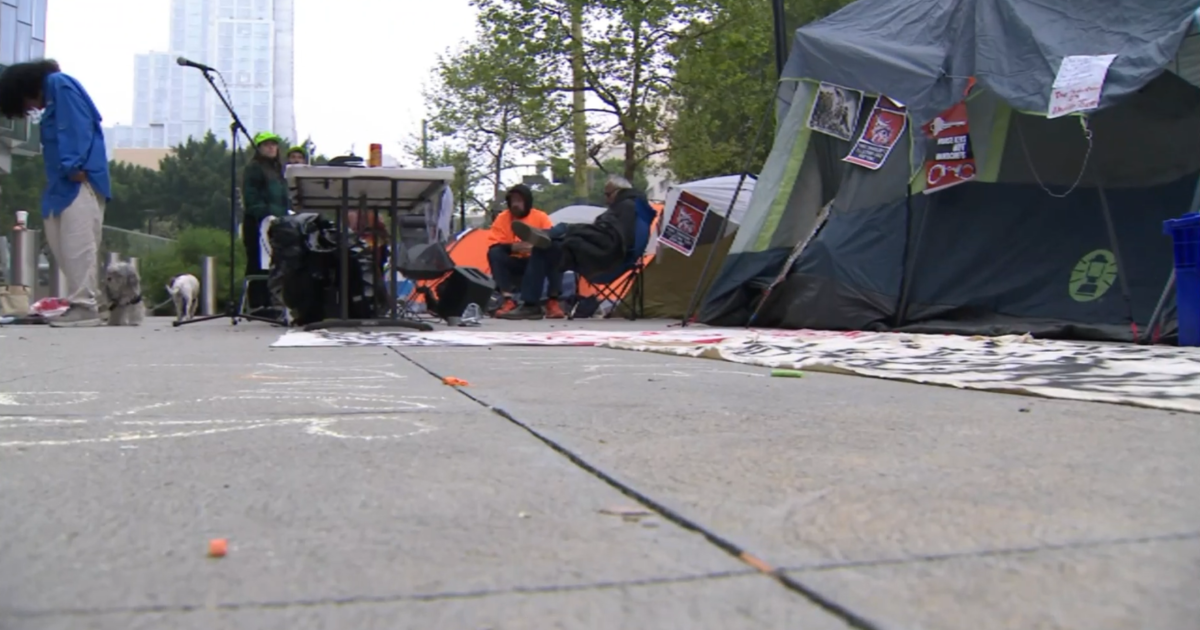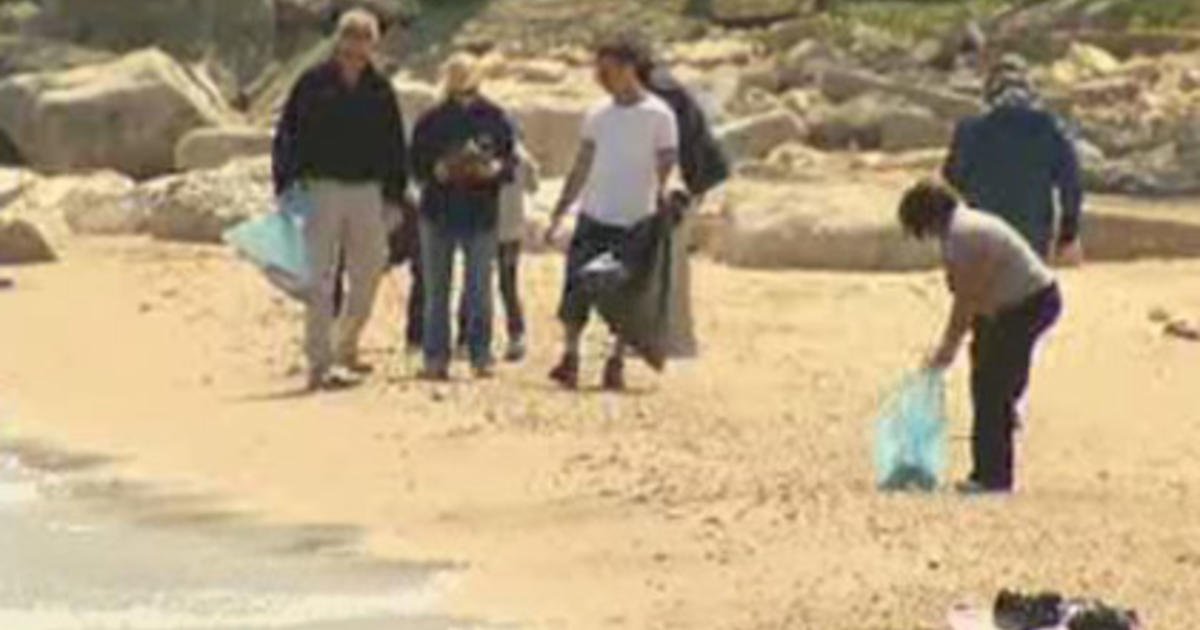Problems Persist In Calif. Prison Mental Health Ward
SAN FRANCISCO (AP) — Although California has spent hundreds of millions of dollars to improve psychiatric treatment for convicts, the biggest mental health unit in the state prison system for high security inmates remains in disarray, according to a court-appointed investigator and others familiar with the facility.
State officials acknowledge high turnover at the approximately 350-bed mental health unit at Salinas Valley State Prison in Soledad. But a court-appointed "special master" says that the departure of psychiatrists who were fired or quit has left the unit seriously understaffed, with doctors handling twice their case loads of the previous year.
The unit at Salinas Valley —operated by the Department of State Hospitals rather than the California Department of Corrections and Rehabilitation— is also plagued by problems ranging from a shortage of clean linens and undergarments to complaints that security protocols severely hinder patient treatment, the special master said.
In response to civil rights litigation, federal courts have seized control of the state prison mental health facilities and have managed them for the past 18 years.
Gov. Jerry Brown and top prison officials have been trying for more than a year to wrest control back. But emerging issues such as the conditions at Salinas have come to the attention of the court overseeing the mental health program and have kept the state from regaining complete control of the psychiatric facilities behind prison walls.
In April, District Judge Lawrence Karlton formally refused Brown's request to end court oversight after lawyers for inmates cited problems and the judge's own investigator agreed they were serious.
Hospital and prison officials declined requests for interviews about the conditions. But in a court filing this month, they insisted that the facility is delivering adequate care.
"Since I started as interim executive director, Salinas Valley psychiatric program has implemented new policies and has overall improved the quality of care to inmate-patients," said Pam Ahlin, who took over supervision of the prison hospital in May. "Salinas Valley psychiatric program continues to implement new processes that will further improve care to inmate-patients."
Karlton is currently presiding over an evidentiary hearing over issues that reach beyond Salinas Valley and into other parts of the system, which is comprised of five in-patient units and treats some 30,000 mentally ill prisoners among the state's 124,000 inmates.
The judge is considering inmate complaints about the system's discipline procedures for mentally ill inmates and whether inmates on death row at San Quentin State Prison receive adequate mental health treatment.
A separate three-judge panel that oversees the prison system's medical treatment of inmates has also refused to relinquish court oversight and return management to the state. Judges in both cases, filed by prison rights advocates on behalf of inmates, have concluded that overcrowding is the main culprit behind the substandard mental health and medical care they've found throughout the prison system.
Still, lawyers for inmates, the special master and the former psychiatrist said Salinas Valley's biggest problem was lack of mental health professionals to work with the mentally ill patients.
The nine psychiatrists remaining on staff at Salinas Valley in January signed a letter delivered to the unit's executive director that they were working "under protest" because of heavy caseloads and low morale. In a follow-up letter the next month, the psychiatrists warned that the "staffing shortage has devolved from serious to crisis level" because three of the signees were planning to resign. All the signees of that letter have since left Salinas Valley, according to court documents.
The special master found in his September report that only five of the 20 psychiatric positions at Salinas Valley were filled, a number the state disputes. Ahlin, the interim executive director, says in an Oct. 14 court filing that the hospital employs the equivalent of eight full-time psychiatrists.
Further, Ahlin says the hospital never intended to fill all 20 positions referred to by the special master, arguing that it has enough psychiatrists on staff to divvy up the patients into acceptable caseloads for each doctor.
In the past year, the unit has been without a permanent executive director, assistant executive director, hospital administrator, clinical administrator and medical director.
In July, Karlton ordered an immediate investigation of Salinas Valley after concluding lawyers representing inmates had presented "significant and troubling evidence of severe staffing shortages ... denial of basic necessities including clean underwear" and a host of other deficiencies at Soledad.
Last month, the court-appointed "special master" concluded conditions remained "generally inadequate" and "severely deficient" at Salinas Valley. He said most psychiatrists handled a caseload of 40 patients, double the previous year's average caseload.
Two former psychiatrists who quit working at Salinas Valley in March said in court filings they felt pressured to release patients quickly to reduce a lengthy wait list to bolster Gov. Jerry Brown's argument that mental health care has improved enough that court oversight is no longer necessary.
"I felt pressure to discharge my patients, even if I did not think they were ready to return to the prison setting," said Dr. Joel Badeaux whose seven-month stint at Salinas Valley ended in March and who now works for Santa Cruz County.
(© Copyright 2013 The Associated Press. All Rights Reserved. This material may not be published, broadcast, rewritten or redistributed.)



